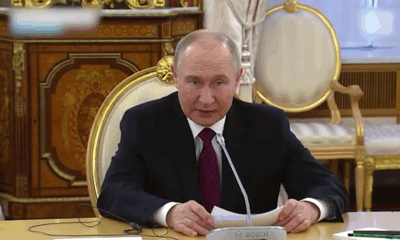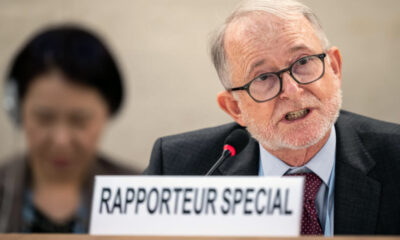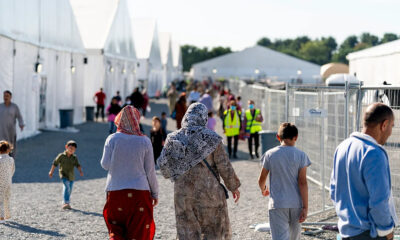Health
Malawi cholera outbreak death toll rises above 1,000
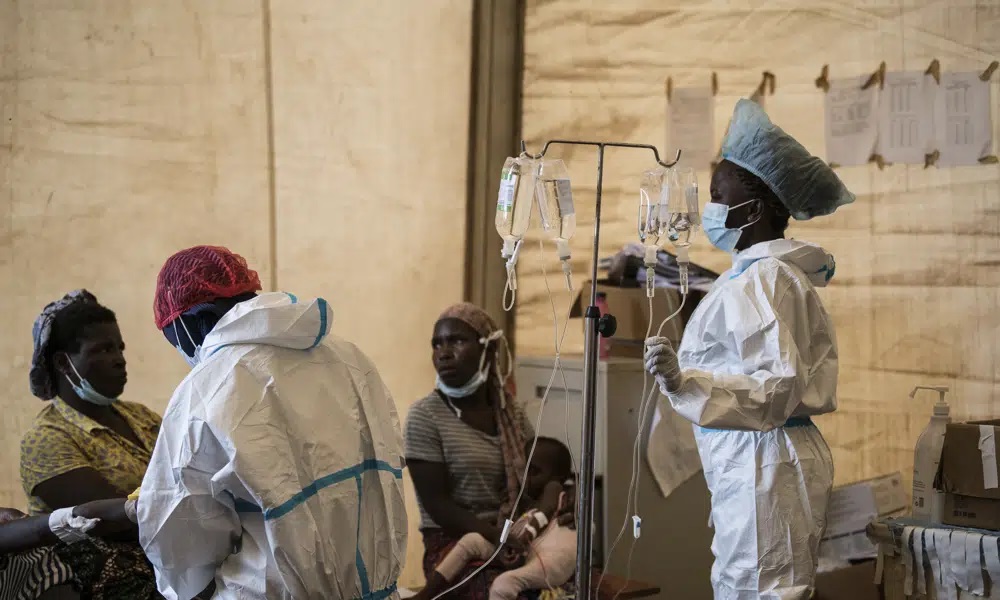
Malawi’s cholera outbreak has claimed more than 1,000 lives, according to the country’s health minister, who warned that some cultural beliefs and hostility toward health workers were slowing efforts to curb infections, AP reported.
Cholera had killed 1,002 people as of Tuesday, while 1,115 people were hospitalized from the outbreak that started in March 2022, Minister of Health Khumbize Kandodo Chiponda said. It’s the country’s worst outbreak of the waterborne illness in two decades.
The country of 20 million people recorded 12 deaths from 626 new cases in 24 hours, she said.
Frustration and suspicion over the rising cases resulted in weekend violence. Angry villagers beat up health workers and damaged a facility at the Nandumbo Health Centre in the Southern Region’s Balaka district.
Residents accused health workers of denying them an opportunity to conduct dignified burials. They forced some health workers to vacate the facility, stoned a cholera isolation ward and forced the discharge of 22 cholera patients.
Esnath Suwedi, vice-chairperson of the Nandumbo area’s development committee, a traditional local authority, said people thought the health workers were acting “mysteriously.”
Suwedi said residents alleged the workers were using contaminated syringes to inject people. The Balaka district is one of the worst affected areas, recording 46 deaths from 1,450 cases in the outbreak.
Cultural burial rites are also becoming a source of contention, Chiponda, the health minister, said during a daily briefing Tuesday.
“For example, people who are dying of or who have died from cholera may be washed by family members, who then prepare funeral feasts for family and friends held very soon after death. Outbreaks of cholera commonly follow these feasts,” the minister said.
Health
Head of MSF in Afghanistan meets with Jalali over improving healthcare services
Michael Lippi committed to making efforts aimed at improving the quality of healthcare services and fostering better coordination.
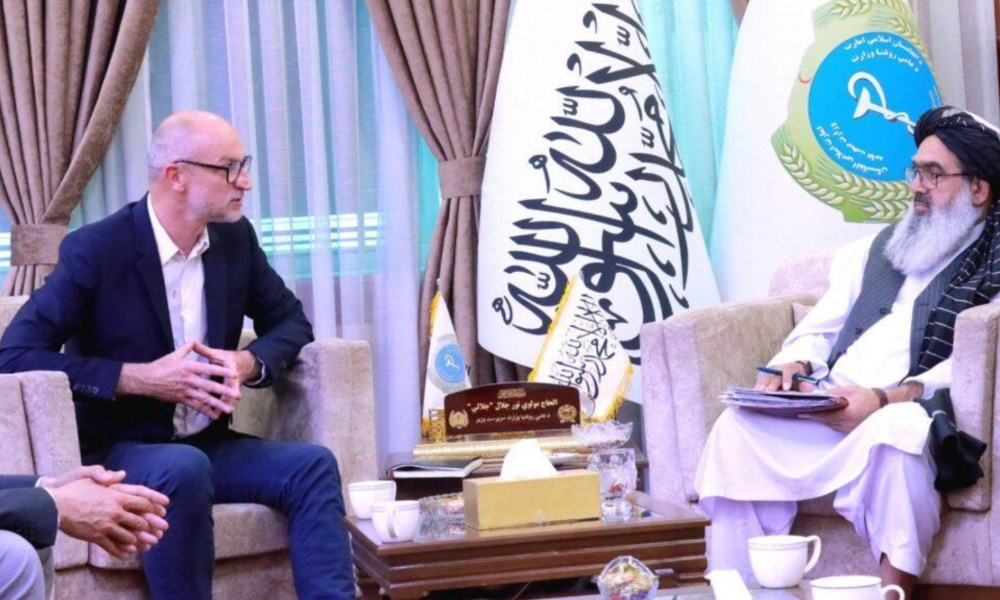
Afghanistan’s Acting Minister of Health Noorjilal Jalali met with the head of Medecins Sans Frontieres (MSF) for Afghanistan, Michael Lippi, for discussions on improving healthcare centers and medical services in the country.
The two officials also discussed enhancing the capacity of healthcare workers, ensuring transparency in services, improving coordination with the Ministry of Public Health, and delivering effective and sustainable healthcare services.
Jalali emphasized the importance of increasing and expanding the organization’s support for the health sector and called for further development of services.
He stressed the need to enhance the capacity, quality, effectiveness, and transparency of healthcare workers.
Michael Lippi also emphasized the need for further improvements in health services in Afghanistan and the expansion of this sector.
He committed to efforts aimed at improving the quality of healthcare services and fostering better coordination. He specifically addressed the continuation of services in the provinces of Herat, Kunduz, and Helmand, confirming that these centers will continue their operations in collaboration with the Ministry of Public Health.
Meanwhile, Mohammad Naeem, the Deputy Minister for Finance and Administration at the Ministry of Foreign Affairs of the Interim Government, held a separate meeting with
Michael Lippi to discuss the expansion of healthcare services and the provision of necessary facilities for returning migrants.
According to the Ministry of Foreign Affairs, Lippi reassured government that MSF’s efforts to improve maternal and child health and enhance the capacity of healthcare personnel will continue.
Health
Japanese charity Peshawar-Kai to resume leprosy treatment in Afghanistan
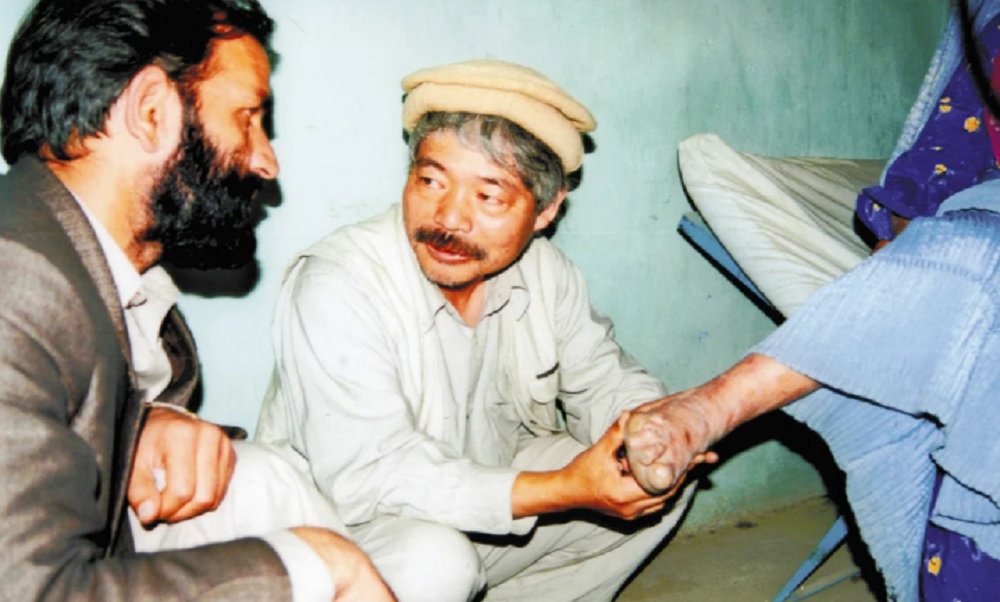
Peshawar-Kai, a Japanese aid organization, has announced that it will resume leprosy treatment in Afghanistan after around 15 years.
The charity will treat leprosy patients in memory of its former head Tetsu Nakamura, Japan’s Yomiuri Shimbun newspaper reported.
The NGO will begin its leprosy treatment program in Afghanistan this year.
It will treat patients in areas such as Nangarhar province by providing medicines, training staff and sending mobile treatment teams.
Leprosy, also known as Hansen disease, is a chronic infectious disease caused mainly by a type of bacteria called Mycobacterium leprae. The disease affects the skin, the peripheral nerves, the mucosa of the upper respiratory tract and the eyes.
Nakamura started treated leprosy patients in Pakistan in the 1980s and then began extensive activities, including the construction of water supply canals in Afghanistan.
The Japanese aid worker was killed in an armed attack in Jalalabad in December 2019.
Health
WHO confirms second Polio case in Afghanistan
The Islamic Emirate of Afghanistan’s Public Health Ministry has not yet commented.
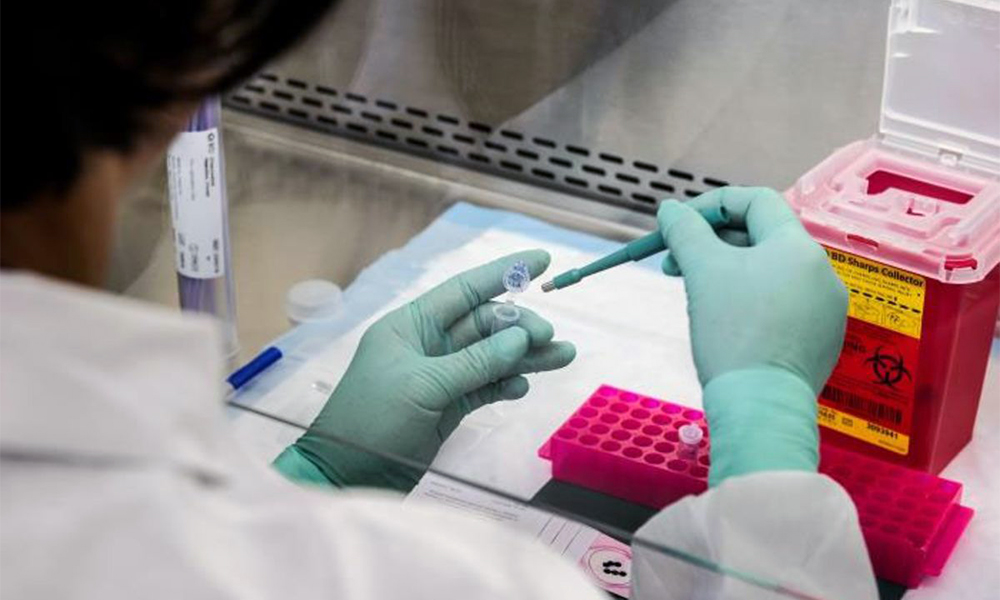
The World Health Organization (WHO) has confirmed the second case of polio in Afghanistan for the year 2025.
The case was identified in March in Helmand province.
This follows the first reported case in the Bala Murghab district of Badghis province, where a five-year-old girl was diagnosed with the virus.
Additionally, 18 environmental samples testing positive for the polio virus have been reported in provinces including Kandahar, Helmand, Kabul, Laghman, Nangarhar, and Zabul.
Afghanistan and Pakistan remain the only countries where polio has not been eradicated.
Polio is a viral disease for which there is no cure, and vaccination is the only way to protect children from it.
The Islamic Emirate of Afghanistan’s Public Health Ministry has not yet commented.
-

 Latest News5 days ago
Latest News5 days agoTAPI pipeline to reach Herat by end of 2025: Ministry
-

 Sport5 days ago
Sport5 days agoIPL 2025: Dharamsala match abandoned due to security concerns
-

 Regional5 days ago
Regional5 days agoIndia says military stations attacked by Pakistan drones and missiles
-
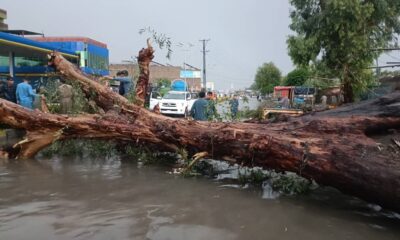
 Latest News4 days ago
Latest News4 days agoOne dead, dozens injured as powerful storm strikes Jalalabad, Afghanistan
-

 Latest News4 days ago
Latest News4 days agoEx-Afghan deputy speaker Qadeer back in Kenyan court for criminal case
-
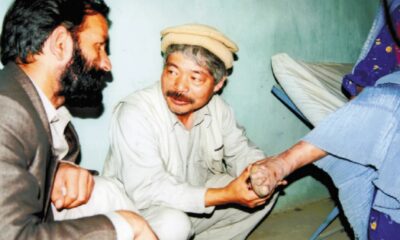
 Health4 days ago
Health4 days agoJapanese charity Peshawar-Kai to resume leprosy treatment in Afghanistan
-

 Sport4 days ago
Sport4 days agoIndia suspends Indian Premier League T20 cricket tournament
-

 Latest News3 days ago
Latest News3 days agoPakistan says India launched attack on Afghanistan, India denies


